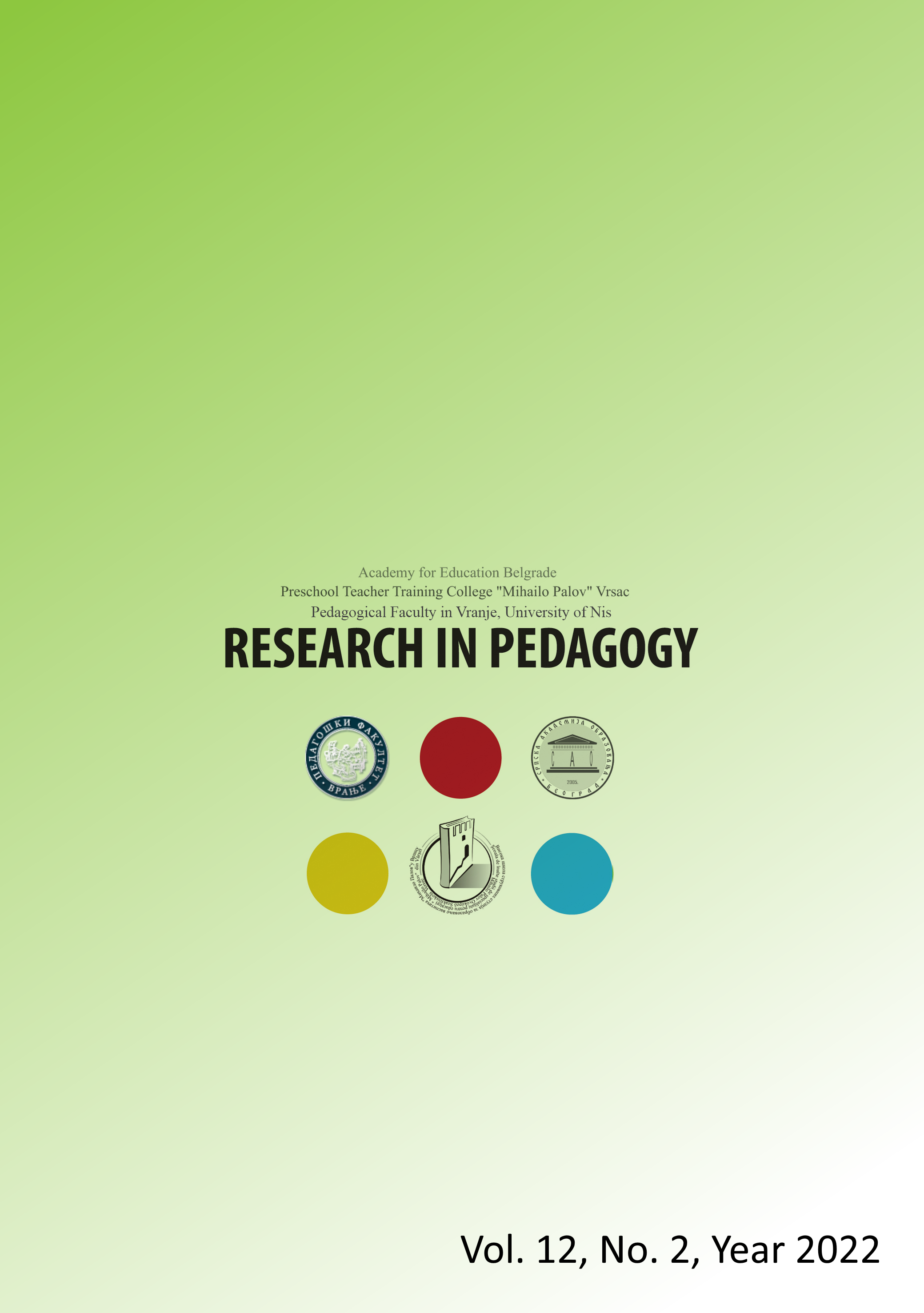ANXIETY AND SELF-EFFICACY IN ESP LEARNING: EFFECTS ON ACADEMIC SUCCESS
ANXIETY AND SELF-EFFICACY IN ESP LEARNING: EFFECTS ON ACADEMIC SUCCESS
Author(s): Jelisaveta Šafranj, Dragana M. Gak, Vesna V. BulatovićSubject(s): Education
Published by: Visoka škola strukovnih studija za vaspitače "Mihailo Palov"
Keywords: ESP; classroom anxiety; self-efficacy; achievements; university teaching
Summary/Abstract: The aim of this research is to determine the influence of students' English for Specific Purposes (ESP) classroom anxiety and self-efficacy on their achievement. The research is exploratory, based on a quantitative approach and systematic non-experimental observation. The research results show that ESP self-efficacy is negatively correlated with classroom anxiety. ESP achievements are positively related to self-efficacy, and accordingly they show that some students are aware that they can, while others are aware that they cannot. Thus, the statistical significance of the relationship between ESP self-efficacy and achievement gives the advantage of self-efficacy as a predictor of success. Gender is only related to achievement, with female respondents achieving slightly higher grades. There were no significant differences between those who resided and those who did not reside in English-speaking countries. It is concluded that students should be educated to be realistic and objective in self-assessment. The meta-cognitive ability for realistic self-assessment should be developed in students because in the process of increasing self-regulation of learning, the value of personality is reflected in the self-efficacy pattern.
Journal: Research in Pedagogy
- Issue Year: 12/2022
- Issue No: 2
- Page Range: 447-460
- Page Count: 14
- Language: English

